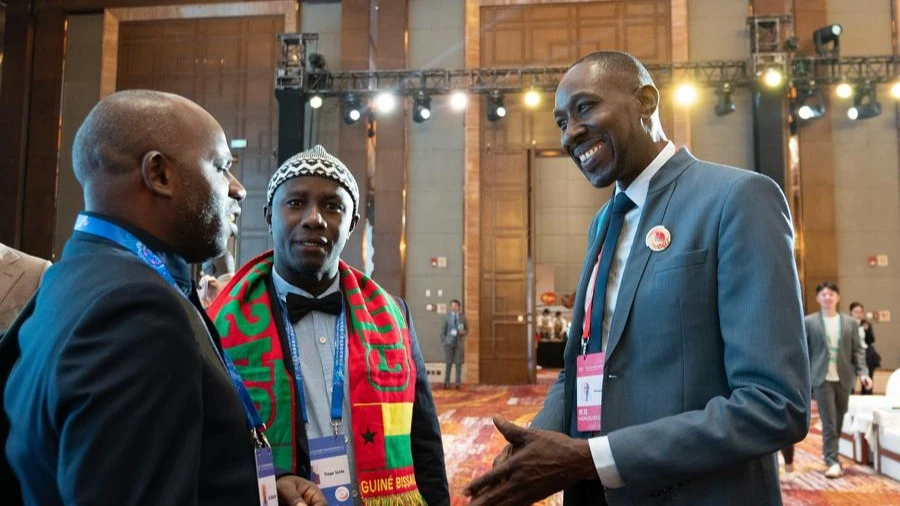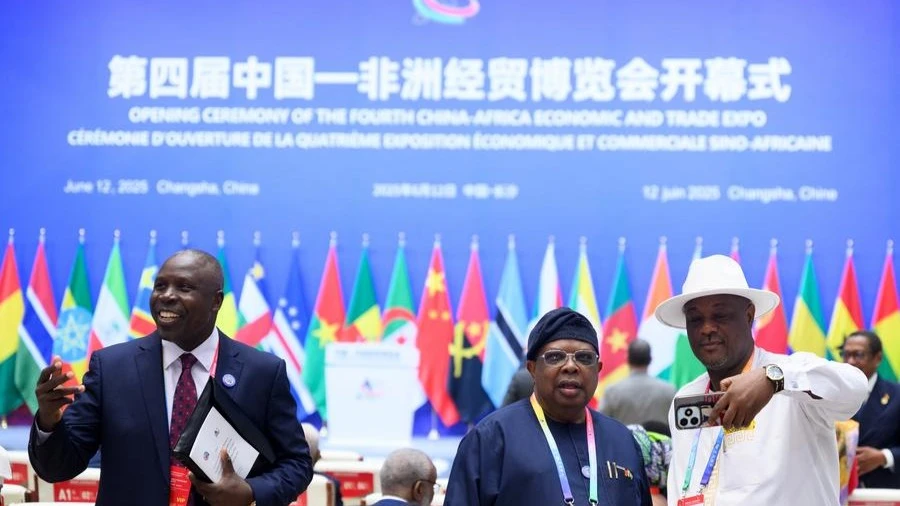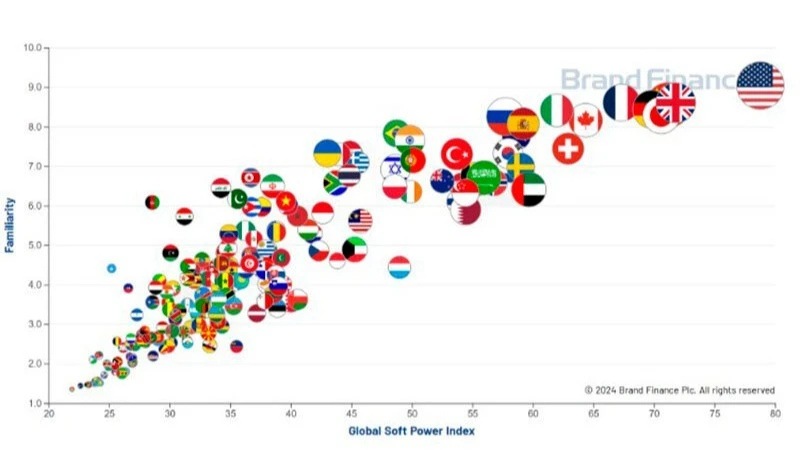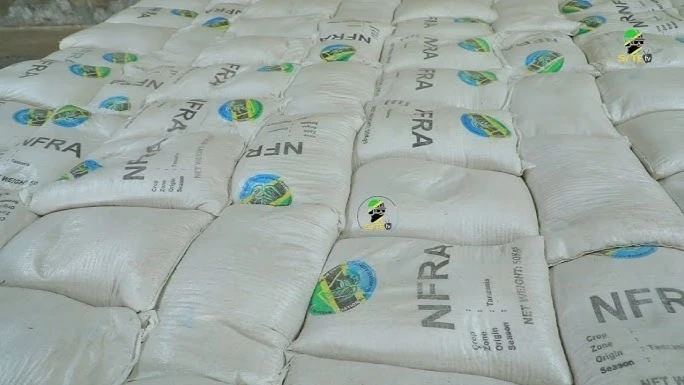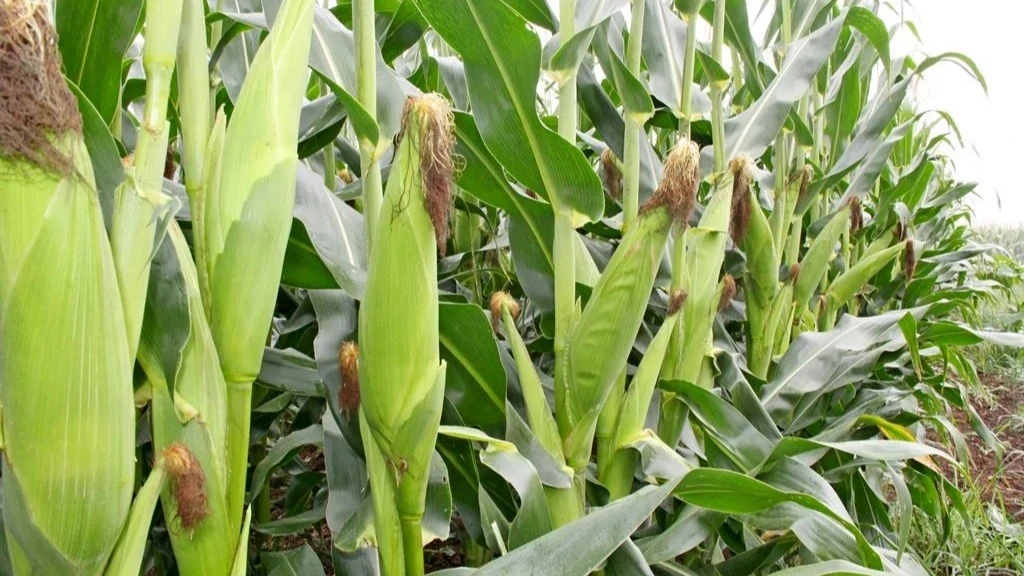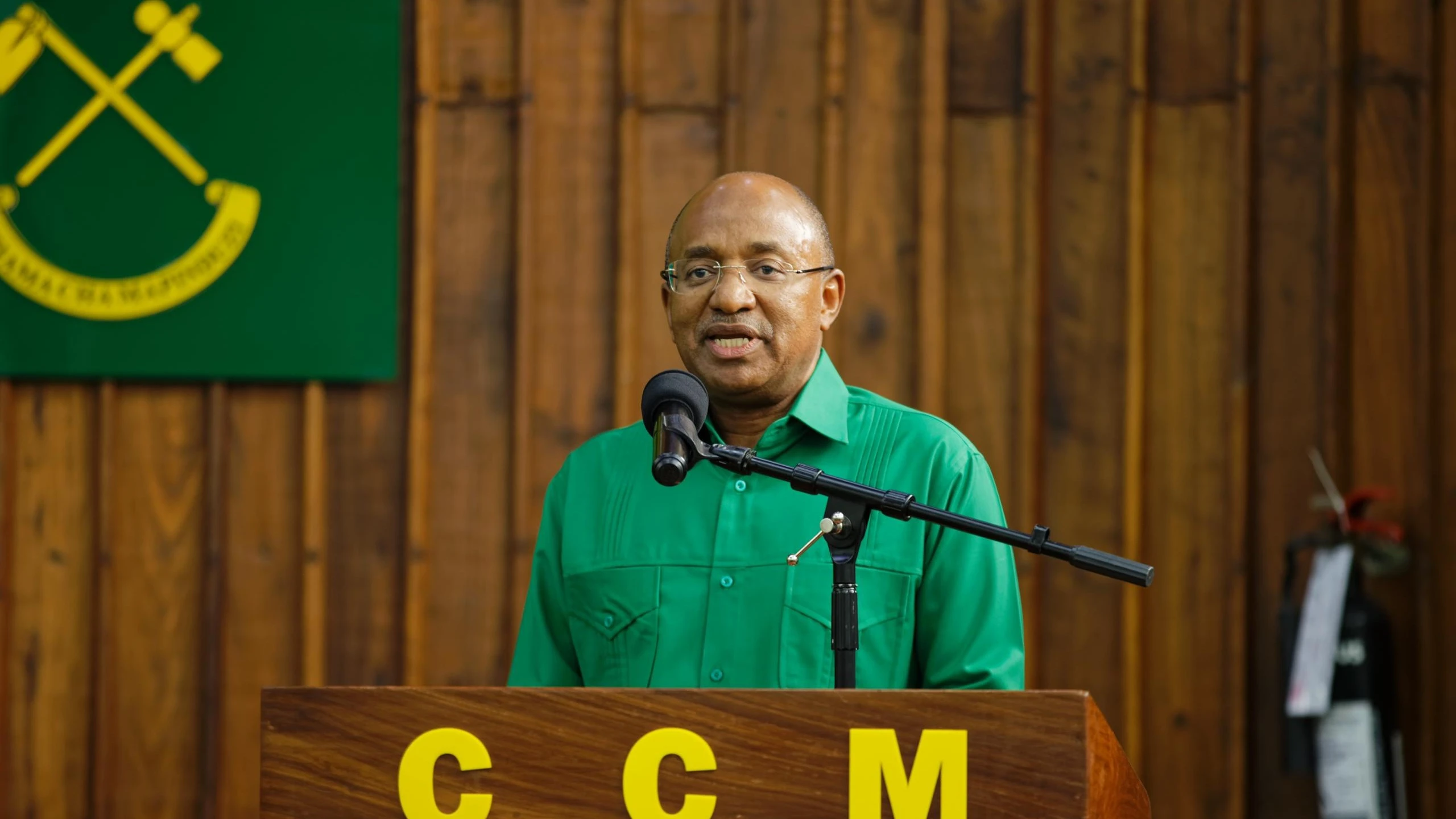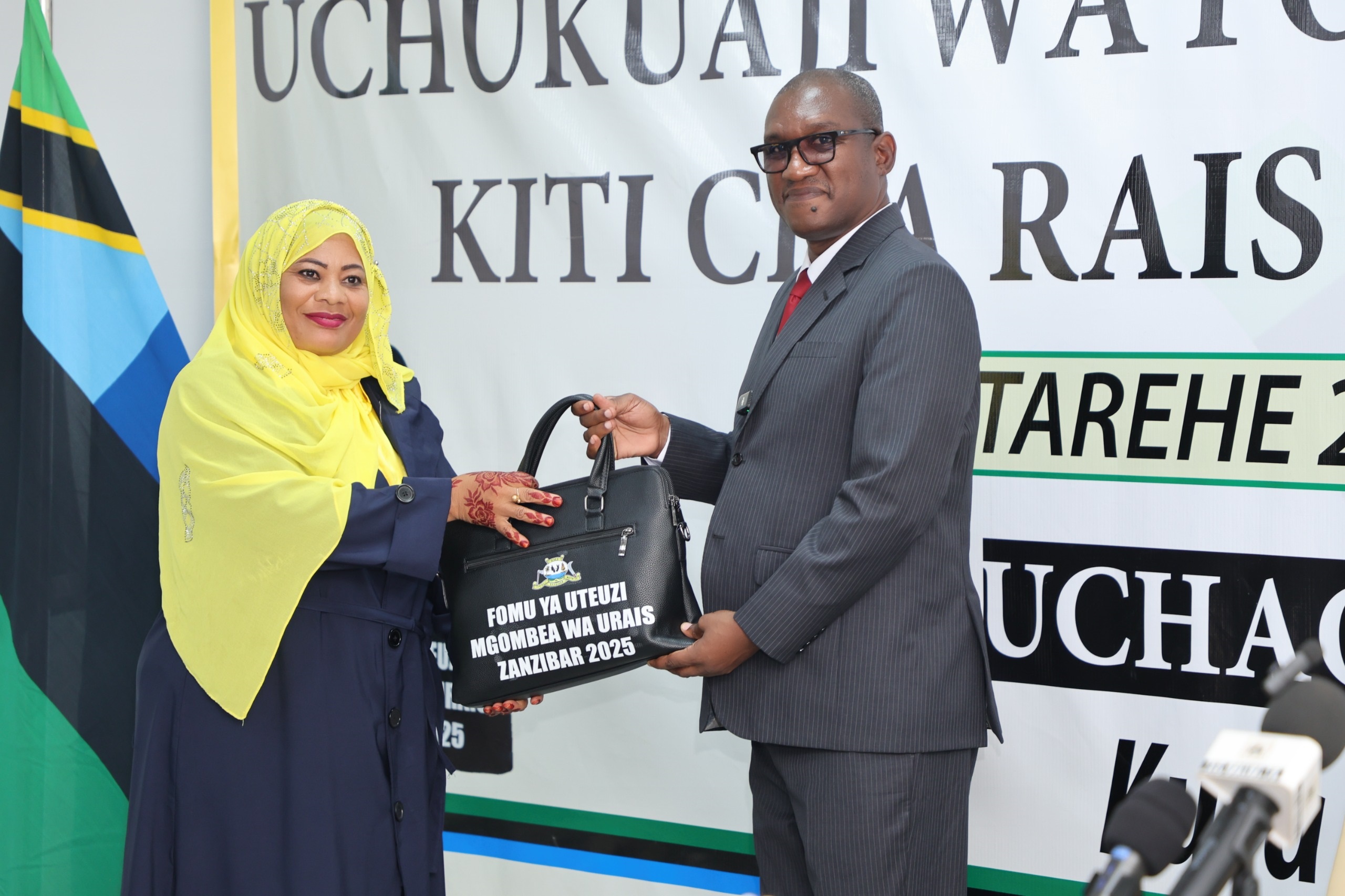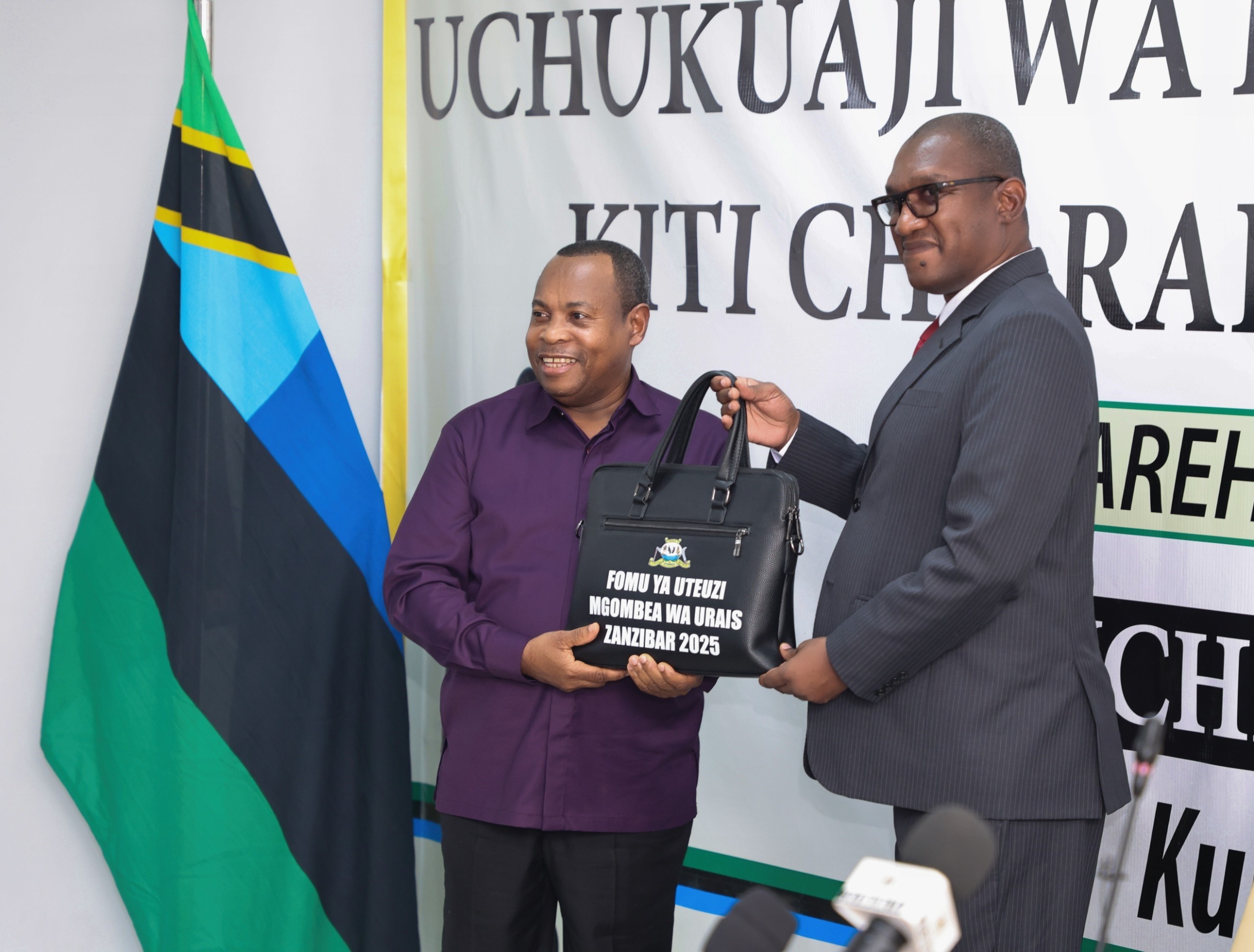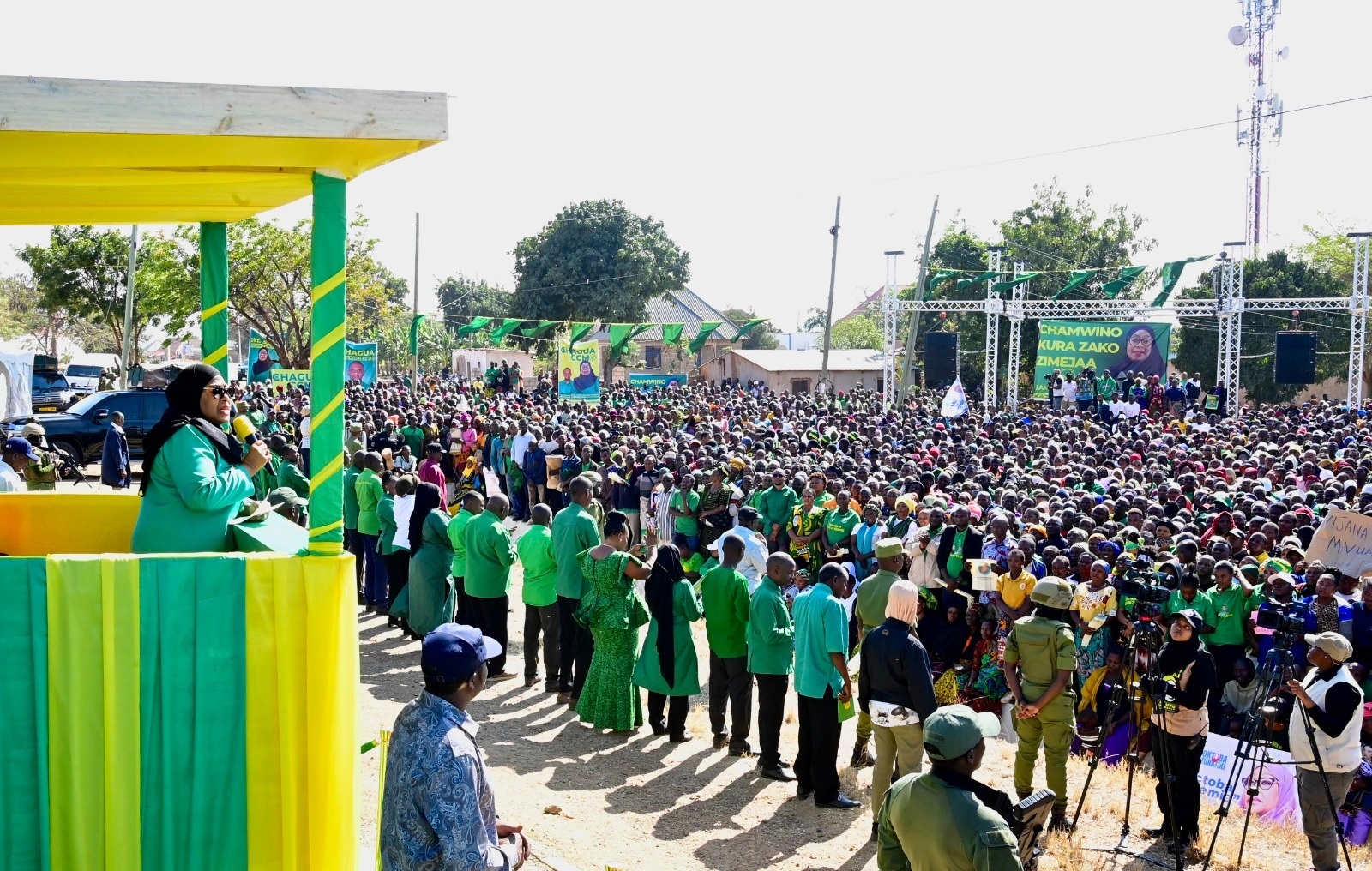Africa diversifies trade to weather US tariff storm
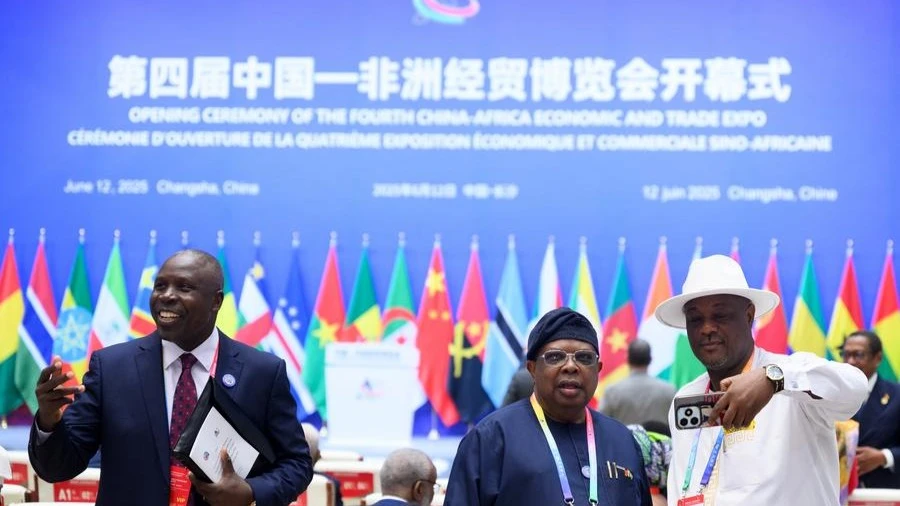
As the U.S. tariff storm disrupted Africa's commercial landscape, the continent has responded by actively strengthening regional integration, diversifying markets and enhancing its role in industrial and supply chains.
On July 31, U.S. President Donald Trump signed an executive order to further modify tariff rates with 69 trading partners. Most African economies are now subject to tariffs of 15 percent, while South Africa and several others face duties of up to 30 percent.
Despite the mounting pressure from the U.S. trade policy, Africa has demonstrated remarkable adaptability and resilience in navigating the shifting global trade environment.
CUSHION TARIFF IMPACTS
The new U.S. tariffs have fundamentally shifted the 25-year-old framework of the African Growth and Opportunity Act (AGOA) from a U.S. trade program granting duty-free access to African countries to a so-called "reciprocal" trade model marked by punitive tariffs.
Nonetheless, their overall impacts on Africa remain manageable, primarily because the United States' share in Africa's trade is limited and has been steadily declining. According to the African Trade Report 2025 released by the African Export-Import Bank (Afreximbank), between 2010 and 2023, North America's share of Africa's imports fell from 7 percent to 5 percent, while its share of exports dropped sharply from 17 percent to just 7 percent. Intra-African trade, together with trade with Asia, Europe, and the Middle East, currently accounts for more than 90 percent of Africa's total imports and exports.
Data from the International Trade Center (ITC) indicate that in 2024, Africa's trade with the United States totaled approximately 67.4 billion U.S. dollars, accounting for only 5 percent of the continent's overall foreign trade.
Meanwhile, China-Africa trade continues to lead, acting as a stable anchor in Africa's trade structure. In 2024, bilateral trade reached 295.6 billion dollars, setting a new record for the fourth consecutive year. China has remained Africa's largest trading partner for 16 straight years.
Even under the pressure of additional U.S. tariffs, China's imports from Africa have continued to grow, providing vital support for African exports.
China's recent decision to extend zero-tariff treatment to 100 percent of tariff lines for 53 African countries with which it has diplomatic relations has been widely welcomed.
This policy not only effectively lowers export costs for African goods but also delivers a clear and positive signal: China is ready to share development opportunities and work hand in hand with Africa to withstand external shocks.
Cameroonian economist Nformi Eugene Tawe said that as Africa keeps diversifying its trade partners, the continent should pay more attention to Asia, particularly China.
In the era of global chaos caused by U.S. trade policy, he said, "this Chinese initiative offers major opportunities for African traders."
STRENGTHEN INTERNAL RESILIENCE
The African Continental Free Trade Area (AfCFTA) is steadily gaining traction as a buffer against global market volatility.
Launched as a flagship project of the African Union's Agenda 2063, the pact aims to create a single continental market to expand trade in goods and services across Africa.
According to Afreximbank, Africa's merchandise trade rebounded by 13.9 percent in 2024 to 1.5 trillion dollars, reversing a 5.4 percent decline in the previous year. Meanwhile, intra-African trade rose 12.4 percent to 220.3 billion dollars, underscoring the renewed momentum the AfCFTA is helping to sustain. As of February 2025, 48 countries had ratified the agreement and 19 had begun trading under its protocols, according to The EastAfrican, a Kenyan newspaper. The progress marks a significant step toward continental integration. The AfCFTA has also begun to serve as an "economic shock absorber." Faced with steep U.S. tariffs, African nations are reducing reliance on external markets by deepening intra-African trade. Efforts to harmonize standards and lower tariffs are creating a more predictable environment for boosting industrial capacity and value addition.
Governments are also investing heavily in transport, energy and telecommunications, lowering the cost of regional commerce. Coordinated trade policies and streamlined customs procedures are further paving the way for smoother implementation of the trade pact.
Analysts say these measures could unlock the AfCFTA's full potential and accelerate Africa's long-sought pursuit of economic integration.
DEEPEN COOPERATION
Facing pressure from U.S. tariffs, Europe -- Africa's traditional partner -- continues to play a stabilizing role. Trade between the two regions accounted for 34.3 percent of Africa's global commerce in 2024, with volumes holding steady, according to ITC data. The partnership has been deepened through supply chain integration, harmonized standards and enhanced quality controls.
India and the Gulf states, meanwhile, are emerging as new drivers of South-South cooperation.
Trade between India and Africa has grown steadily, reaching about 103 billion dollars in 2023, according to the Africa Center for Strategic Studies.
In the Gulf, the United Arab Emirates has been expanding non-energy trade with African partners, which reached 60 billion dollars in 2022, the Observer Research Foundation Middle East reported.
"The only true resilience lies in integration, production and self-determination," said Chloe Maluleke, a South African expert on BRICS issues.
Analysts say Africa's pursuit of deeper integration and diversified cooperation is helping it secure a stronger position in the shifting global trade orde.
Looking ahead, African leaders are signaling an open approach to global partnerships while seeking to drive a commercial renaissance marked by greater breakthroughs in trade and investment.
Top Headlines
© 2025 IPPMEDIA.COM. ALL RIGHTS RESERVED








